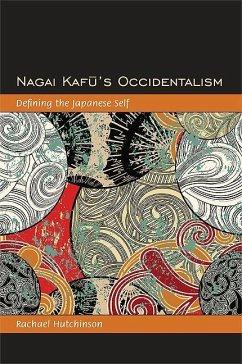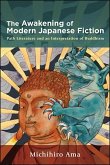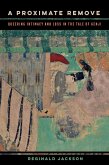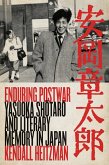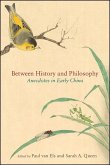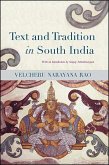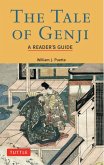Nagai Kafu (1879-1959) spent more time abroad than any other writer of his generation, firing the Japanese imagination with his visions of America and France. Applying the theoretical framework of Occidentalism to Japanese literature, Rachael Hutchinson explores Kafu's construction of the Western Other, an integral part of his critique of Meiji civilization. Through contrast with the Western Other, Kafu was able to solve the dilemma that so plagued Japanese intellectuals-how to modernize and yet retain an authentic Japanese identity in the modern world. Kafu's flexible positioning of imagined spaces like the "West" and the "Orient" ultimately led him to a definition of the Japanese Self. Hutchinson analyzes the wide range of Kafu's work, particularly those novels and stories reflecting Kafu's time in the West and the return to Japan, most unknown to Western readers and a number unavailable in English, along with his better-known depictions of Edo's demimonde. Kafu's place in Japan's intellectual history and his influence on other writers are also discussed.
Dieser Download kann aus rechtlichen Gründen nur mit Rechnungsadresse in A, D ausgeliefert werden.

